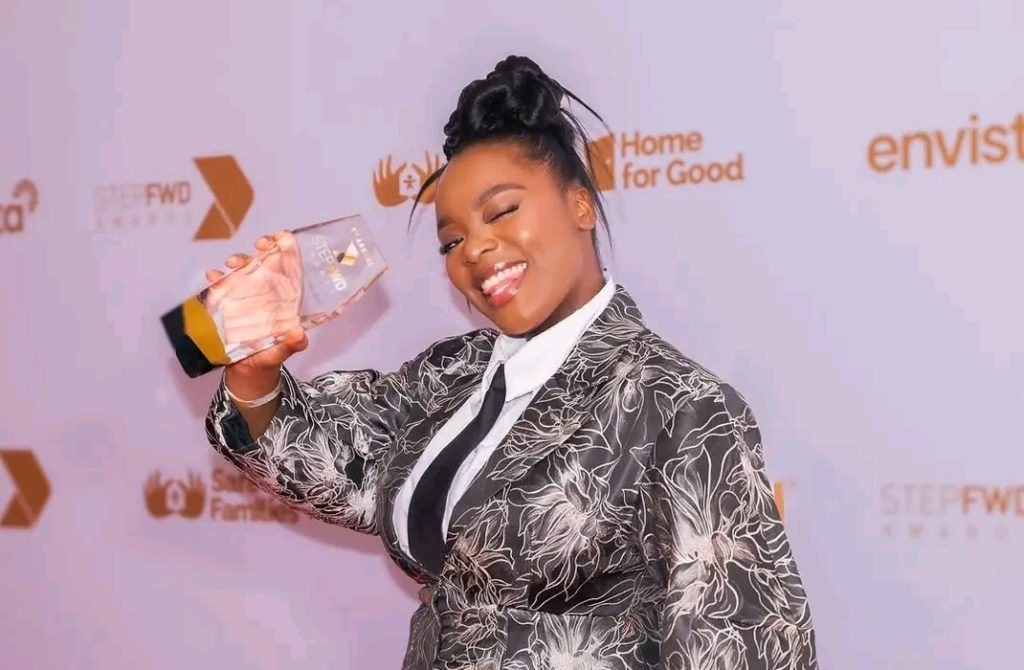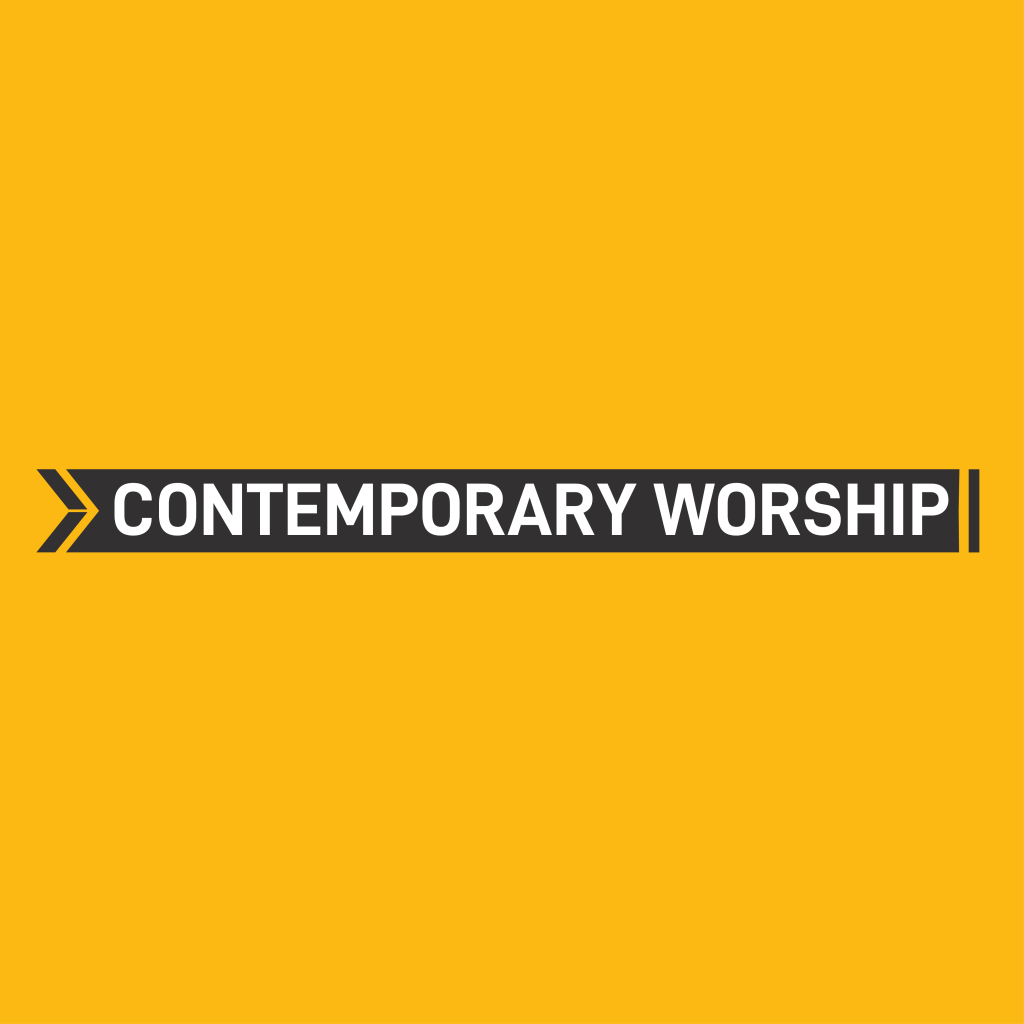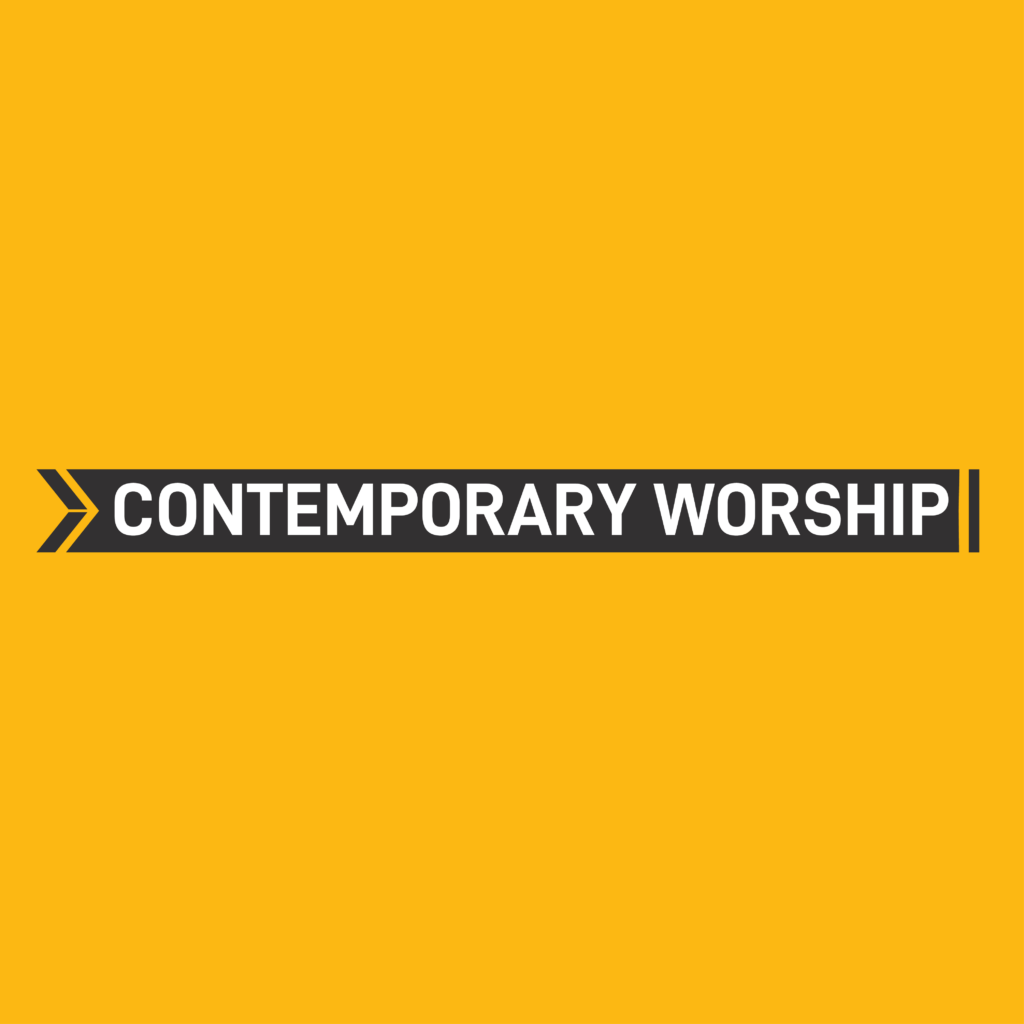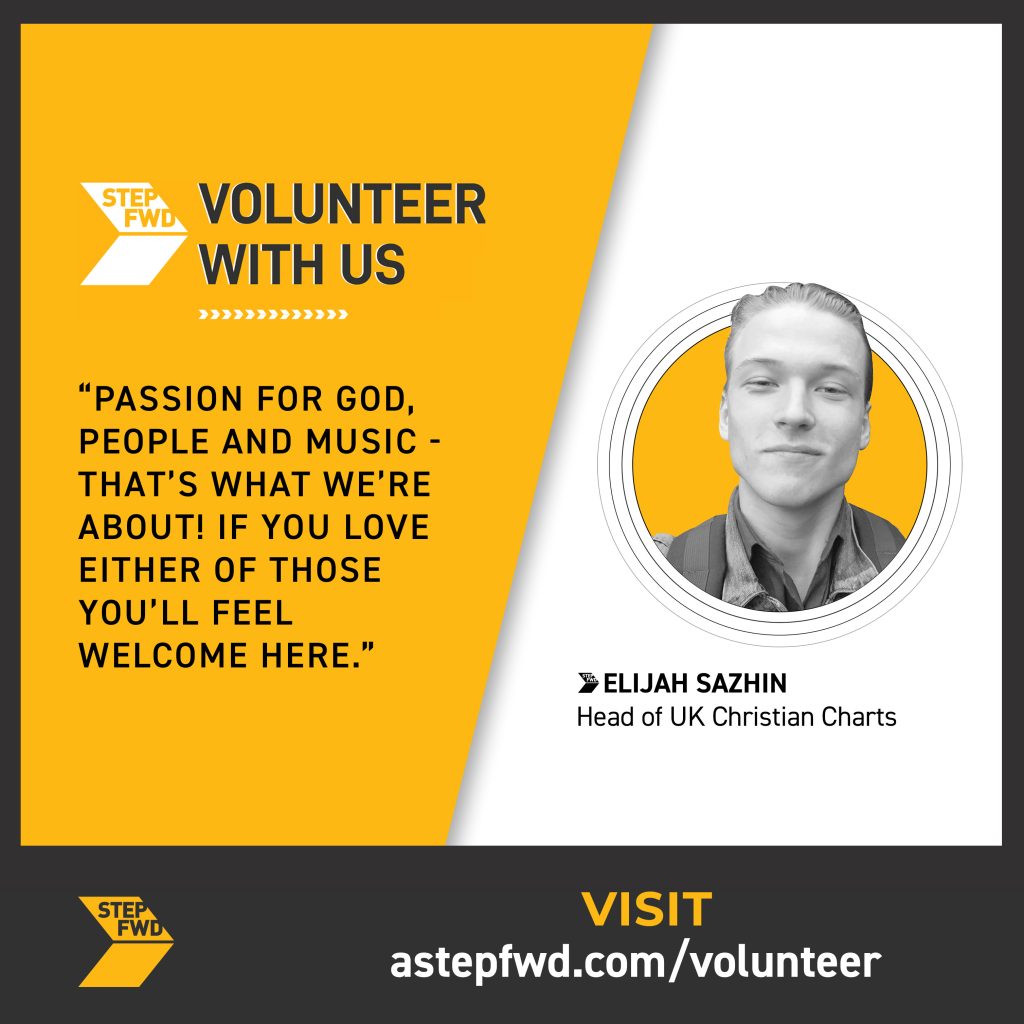AfroGospel is a relatively new term coined from Afrobeat. It can be described as Christian Music infused into the modern day local African rhythms known as Afrobeat. As a content writer and researcher, I have always wanted this sub-genre to receive more expression and notoriety within the Nigerian mainstream community and internationally.
While working on the subject matter, I reached out to Nigerian Christian bloggers Henry Samson and Ayodeji Samson. These were music business personnel and enthusiasts knowledgeable about Afrogospel, its present state in Nigeria and current impact in the world.
In my wonderful conversation with Henry Samson, he stated “AfroGospel is basically Afrobeat laced with Christian lyrics. While many have their say about the foundation of the genre, major fingers point to Henrisoul as one of the pioneering artists for this new sound.”
Not too long ago, Christian Hip Hop was the sound virtually every artist, ranging from Limoblaze to A Mose, Maikon West, Rehmahz, Lekan Salamii fka Oluwatomi, Khalifire and many others were trying to venture into. However, with the acceptance of Afrobeat in Nigeria and international space, the AfroGospel genre has sprung forth and the rest is history.
The AfroGospel genre did not really experience the same levels of resistance as its predecessor Christian Hip Hop. Many walls have been torn down during the era of Christian Hip Hop which made a way way for the new genre. Though it hasn’t yet been fully accepted, the rate of this acceptance is remarkable. An example of this is Prinx Emmanuel being a poster boy & headliner for Salvation Ministries Campus Tours. Other examples include the use of AfroGospel songs for ministrations and events by churches such as Streams of Joy and others.
The recent hit song ‘Omo Baba’ from the music group Spirit of Prophecy is another notable example of the acceptance of the genre. It would come as a rude shock to many that the music group who made the AfroGospel jam are based in the Redeemed Christian Church of God, a church which by traditional standards would not allow such sounds.
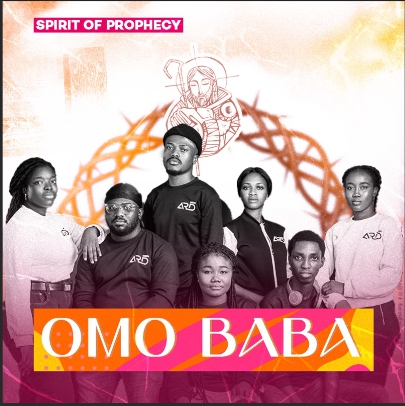
At present, the number of new artists venturing into the genre is both impressive and encouraging. The genre has recently gotten international recognition as international music artists are becoming interested in the homegrown sound. Ayodeji Samson spoke more about the acceptance of the sub-genre (Afrogospel). He said “Let me start with acceptance,
“We’ve seen the majority of artiste speak about how they were raised from church but never got to sing the gospel genre. It all boils down to rejections received by several of them due to their choice of genre. The likes of Bouqui, Simi, Provabs, Rooftop MCs introduced us to Christian Hip Hop and it was only slightly accepted then. While Simi left, the likes of Provabs are barely doing music and Rooftop MCs are not really together. It all boils down to the rejections they received when they started. That was why the majority of them had to switch because of castigation and condemnation.”
Samson stated, “The different culture, sound and beat were unconventional and that made it look unreligious.” Nigerian Christian Hip Hop started when the likes of Protek, Sam Jamz, TB1, Gamie, Provabs, Bouqui, Benjiszy Zaaki took the scene by storm, especially with BLW rappers doing excellent videos and quality sounds.
Henrisoul soon came with his unique style which was gradually accepted but still discriminated against by some religious folk. Over time, his collaborations with other known artistes such as Kenny Kore and Sammie Okposo attracted further attention.
While we can’t really refer to them as AfroGospel, various mainstream Gospel artists have infused afro vibes to their music. Frank Edwards, Eben, Ada Ehi, Mike Abdul have come in with the dancehall rock and Fuji vibes but can’t be categorically referred to as such. These artistes however made the high tempo beat more acceptable in the industry. Gil Joe came in from Rock Town and was amazing with what he did. He was also part of the influence on Afrogospel via his joint Album with Nkay titled ”Afrogospel to the World”. The genre started gaining massive acceptance from Limoblaze whose influence could be traced to the widening acceptance of Afrobeats around the world presently. Afrogospel, as a subgenre of Afrobeat, is also experiencing an open arm reception in the Nigerian church setting which a far cry from its early days.

With the rise and revolution of music creatives in Nigeria and the world at large, we have begun to see that there’s much acceptance of the genre in Nigeria from creative talents like Rehmahz, Anendlessocean, Dj Penny, Godfrey Gad, Molisa Ifagha, Marizu, Greatman Takit, Dabo Williams, A Mose, Maikon West etc and the UK with artistes like Asha Elia, Nuee, Happi, Becca Folkes, Naffymar, CalledOut Music and many others who have taken it upon themselves to push and carry on with the movement.
In the United States, artistes like Lecrae, Wande, Jidenna, Trip Lee, Da T.R.U.T.H and many other creatives have also embraced Afrogospel. With these achievements, Spotify has now acknowledged the genre and went on to curate an Editorial playlist to help the genre gain more audience, listeners and recognition in the mainstream.
AfroGospel is definitely having its moment and I am so here for it.

